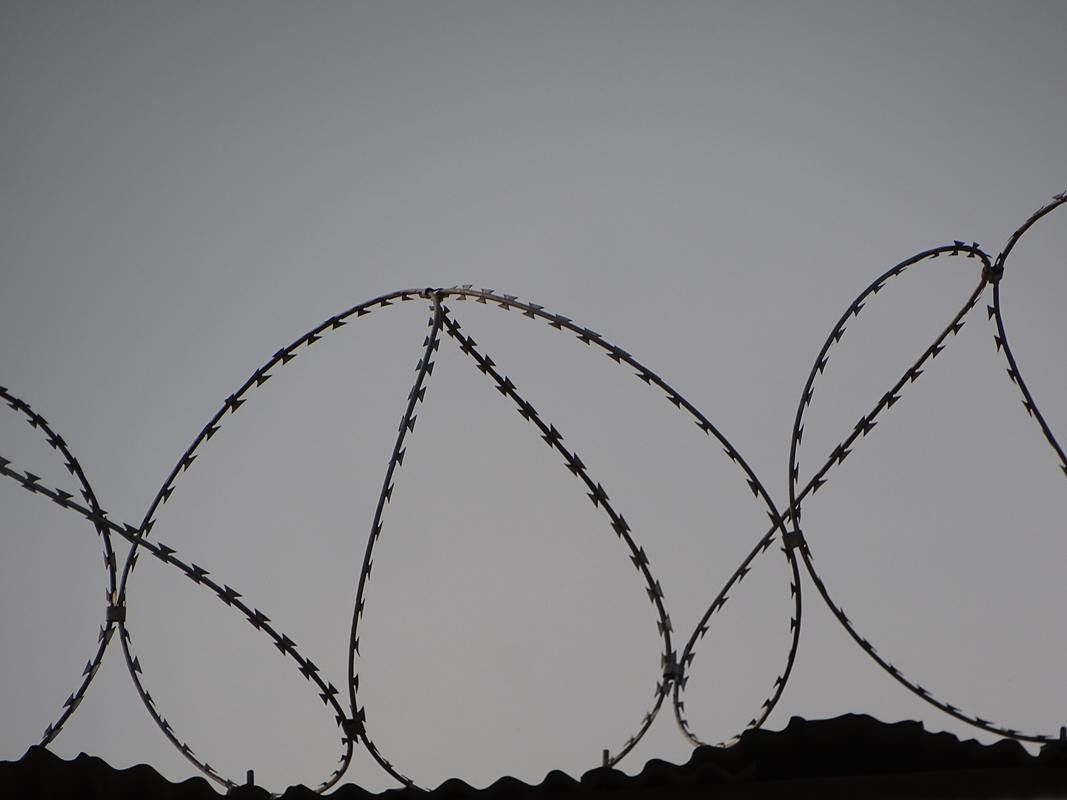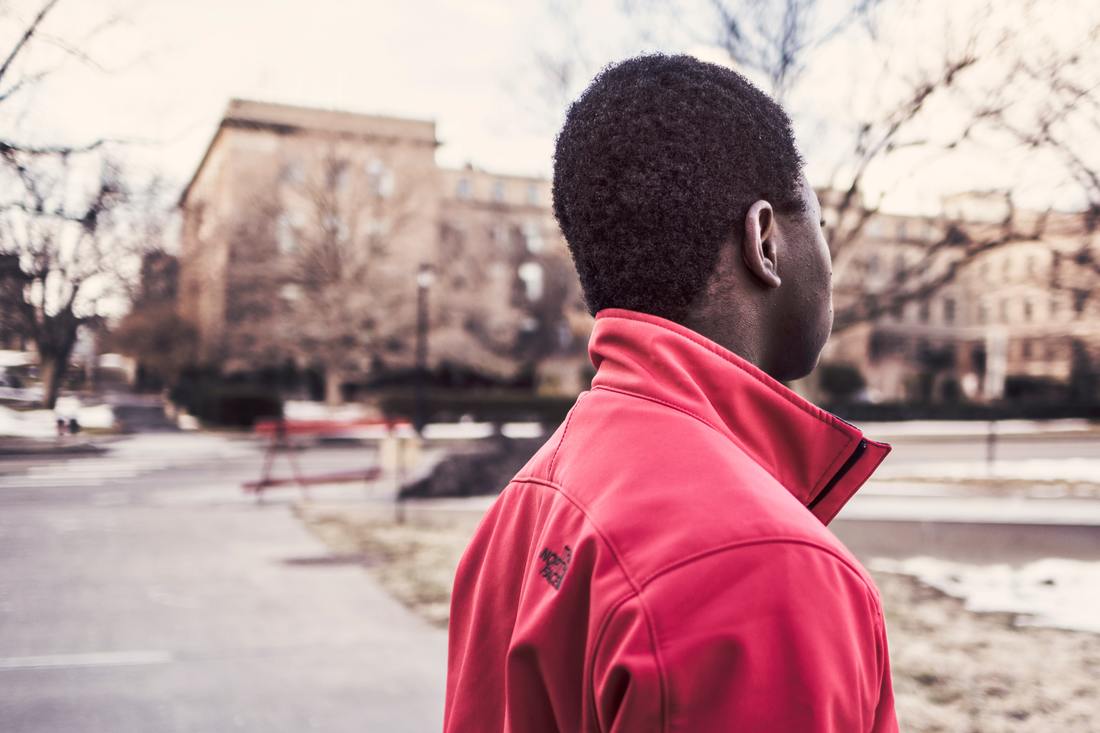|
The Black Experience can be described as a common understanding shared amongst Black people of all nations and origins. It is diverse in its cultural tenets and cannot be characterized by a single journey. In my communication with other Black people from all backgrounds, there is a shared appreciation and love for family and cultural treasures like dance, music, and food. In contrast, there is also a shared understanding and recognition of the struggle, brutality, oppression, and injustice rooted in the very essence of our Blackness. Racism and systemic oppression have unfortunately molded much of the modern Black Experience and policed the existence of Black people. I recently visited the U.K. with my family, and while on this trip, I was struck by a sense of familiarity as I rode around the boroughs of London. I noticed that the poorer, less-developed areas of the city seemed to be most occupied by Black and Brown Londoners – the case is very similar to major American cities. This observation alongside the conversations I had with relatives who live and work in London, helped me to realize that the systemic issues faced by Black Americans are almost identical to those of Black British people. I gathered that racial inequality knows no borders regardless of the political and institutional contexts that frame it. Black Americans and Black British people are plagued by similarly oppressive systems, both of which are historically rooted in racial injustice. Blackness is not a monolith, but there is much to be said about the parallels that can be found amongst those sharing the Black Experience. Black people are racial minorities in both nations; consisting of only 3% of the overall population in the U.K. and approximately 13.4% of the overall population in the U.S. Despite being racial minorities, both communities are over-represented within the criminal justice system. The Equality and Human Rights Commission (EHRC) reports that in the U.K., prosecution rates of Black citizens, are four times higher than that of Whites with figures of 16 individuals for every 1,000 Blacks and four for every 1,000 Whites. The National Association for the Advancement of Colored People (NAACP) reports that “African Americans have an incarceration rate of more than five times the rate of whites” and in 2014, Black Americans, “…constituted 2.3 million, or 34%, of the total 6.8 million correctional population.” The United States Sentencing Commission (USSC) has established that Black men receive an average of 20% longer prison sentences than White men for committing the same crimes. With regard to employment, the EHRC has also established that unemployment rates are higher for ethnic minorities in the U.K. at an average of 12.9% in comparison to 6.3% unemployment for Whites as of 2013. Even with a university education, Black workers earn 23.1% less on average than White workers with university degrees.” Furthermore, “Black workers with A-levels (the equivalent of a high school diploma) earn 14.3% less on average than their White counterparts.” The Economic Policy Institute has reported that similar disparities are present in the U.S. as “In the first quarter of 2018, African American workers had the highest unemployment rate nationally, at 7.2 percent….” with White Americans at a rate of 3.3 percent unemployment. Wealth disparities can also be found amongst college-educated Americans as White families headed by a college graduate held a median net worth $397,100 compared to a median net worth of under $100,000 for Black families headed by a college graduate. These figures offer only a glimpse of the unjust nature of the Black Experience and hearken to an important question: Why do Black people of all backgrounds face such significant socio-economic disparities? Political dialogues about this topic are often centered around the flawed characterization of Black people as being creators of their own problems. The contributions of oppressive systems are disregarded and the blame is placed on the oppressed. The negative characterization of Black people, an emblem of White supremacy, is used to justify and excuse the status of Black people universally. How does one reconcile the wealth and employment gaps between college-educated Blacks and Whites without acknowledging the role of racism? How does one reconcile the more punitive methods used to police Black people without acknowledging the role of racism? The bottom line is that ignoring racism’s presence in systems of power is dangerous as it reinforces the shared suffering of Black and Brown people around the world. Written by: Senam Okpattah
0 Comments
Leave a Reply. |
Archives
May 2022
|



 RSS Feed
RSS Feed